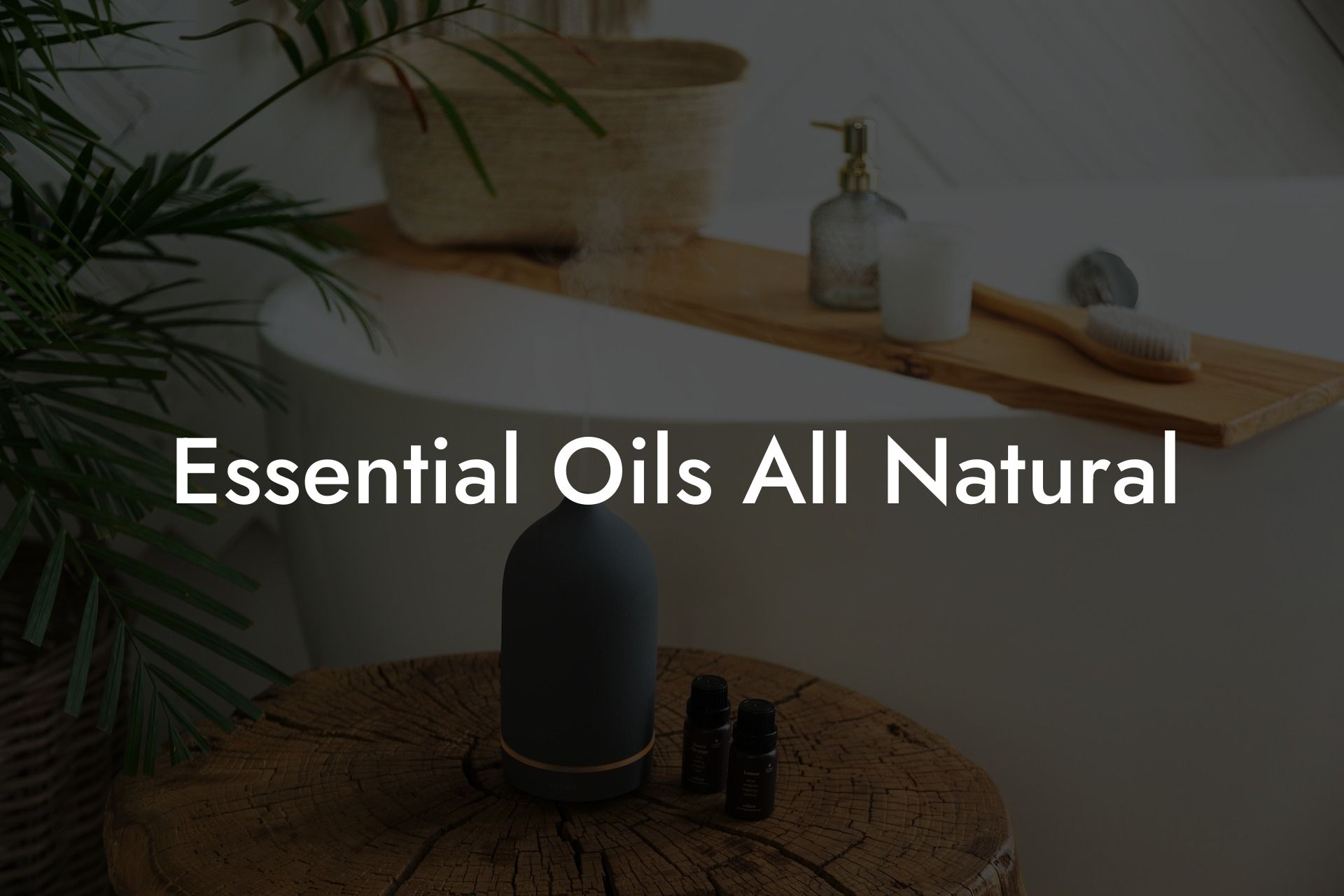Discover the magic of essential oils with their all-natural benefits. Dive into the world of aromacology and explore how these powerful botanical extracts help improve your daily life.
Table of Contents
What are Essential Oils?
Essential oils are highly concentrated, volatile plant extracts obtained through a variety of extraction methods, including steam distillation, cold pressing, and solvent extraction. These oils capture the plant’s scent and flavor, also known as its “essence.” They contain various chemical compounds that provide therapeutic benefits and can be used for various purposes, such as relaxation, mood enhancement, and skincare.
The Power of Aromacology
Aromacology is the science of using plant-based essential oils for improving psychological and physical wellbeing. It works by stimulating olfactory receptors in the nose, which then send signals to the limbic system – the part of the brain responsible for emotions, memories, and arousal.
Benefits of Essential Oils
- Stress and Anxiety Relief: Certain essential oils like lavender, bergamot, and chamomile have been shown to reduce stress and anxiety levels, promoting calmness and relaxation.
- Sleep Aid: Aromatherapy with essential oils such as lavender, clary sage, and marjoram can help improve sleep quality and duration.
- Boosting Energy and Focus: Peppermint, lemon, and rosemary essential oils can increase alertness, concentration, and mental clarity.
- Pain Relief: Topical application of eucalyptus, ginger, or peppermint oils may provide relief from muscle and joint pain.
- Skin and Hair Care: Many essential oils like tea tree, frankincense, and lavender have skincare benefits, such as treating acne, soothing irritation, and promoting hair growth.
How to Use Essential Oils Safely
It is important to use essential oils safely and responsibly, as they are highly concentrated and can cause adverse reactions if not used properly. Here are some tips to ensure a safe and beneficial experience:
- Always dilute essential oils with a carrier oil before applying them to the skin. Common carrier oils include coconut oil, jojoba oil, and almond oil.
- Avoid ingesting essential oils without consulting a healthcare professional. Many essential oils can be toxic or cause adverse effects when ingested.
- Follow recommended guidelines for essential oil usage, such as dosage and duration, to avoid overexposure or sensitization.
- Perform a patch test on a small area of skin before using a new essential oil, especially for those with sensitive skin or allergies.
- Keep essential oils out of the reach of children and pets, and follow proper storage guidelines to maintain their potency and safety.
Essential Oils All Natural Example:
Crafting a Calming and Relaxing Aromatherapy Blend
Imagine coming home after a long, stressful day filled with deadlines and meetings. You want to unwind and let go of the tension. Instead of reaching for an over-the-counter solution, you can create a calming aromatherapy blend using all-natural essential oils.
Follow these simple steps:
- Choose your essential oils: For this blend, we recommend lavender for its relaxing properties, bergamot for its uplifting effects, and chamomile for its soothing qualities.
- In a glass container, mix 2 drops of lavender oil, 1 drop of bergamot oil, and 1 drop of chamomile oil.
- Add this blend to your favorite diffuser, or mix it with a carrier oil for a DIY massage oil.
- Take the time to inhale the soothing aromas, focusing on your breath and allowing your tension to melt away.
Now that you have a better understanding of essential oils and their all-natural power, why not start exploring their benefits yourself? Share this article with friends and family who may be interested in introducing essential oils into their daily routines. Don’t forget to visit Oshu Oils’ blog for more insightful guides on essential oils and aromacology, and be sure to browse our range of artisan essential oils to support your journey to a healthier, more balanced life.





















